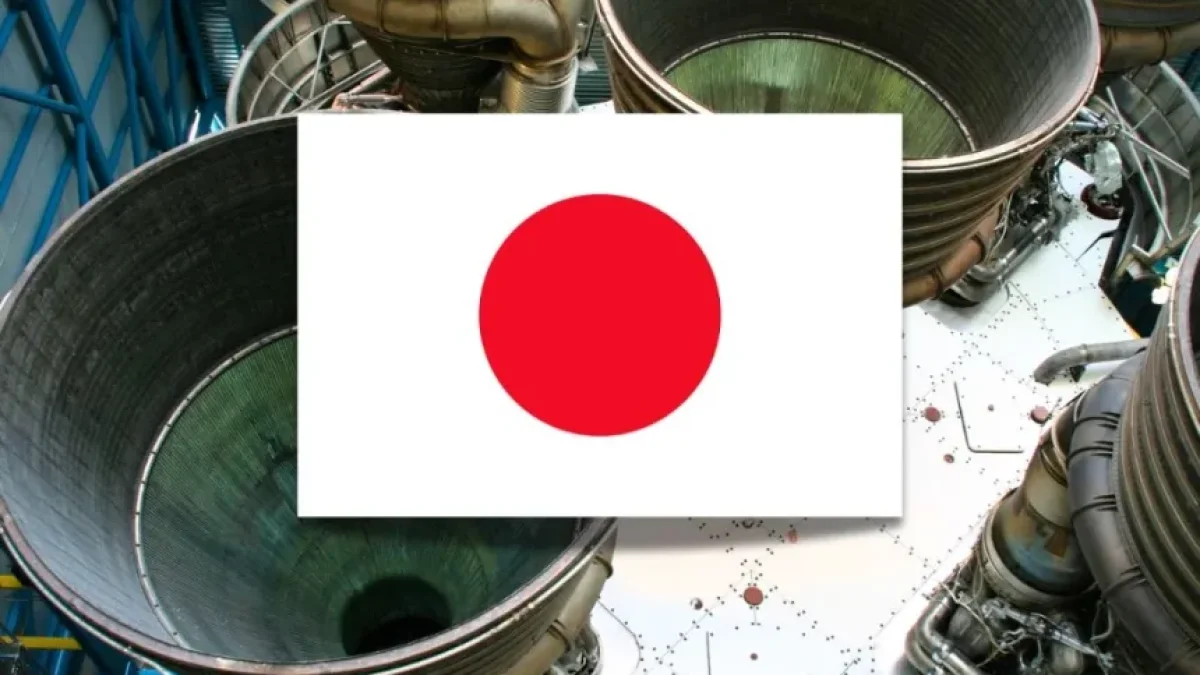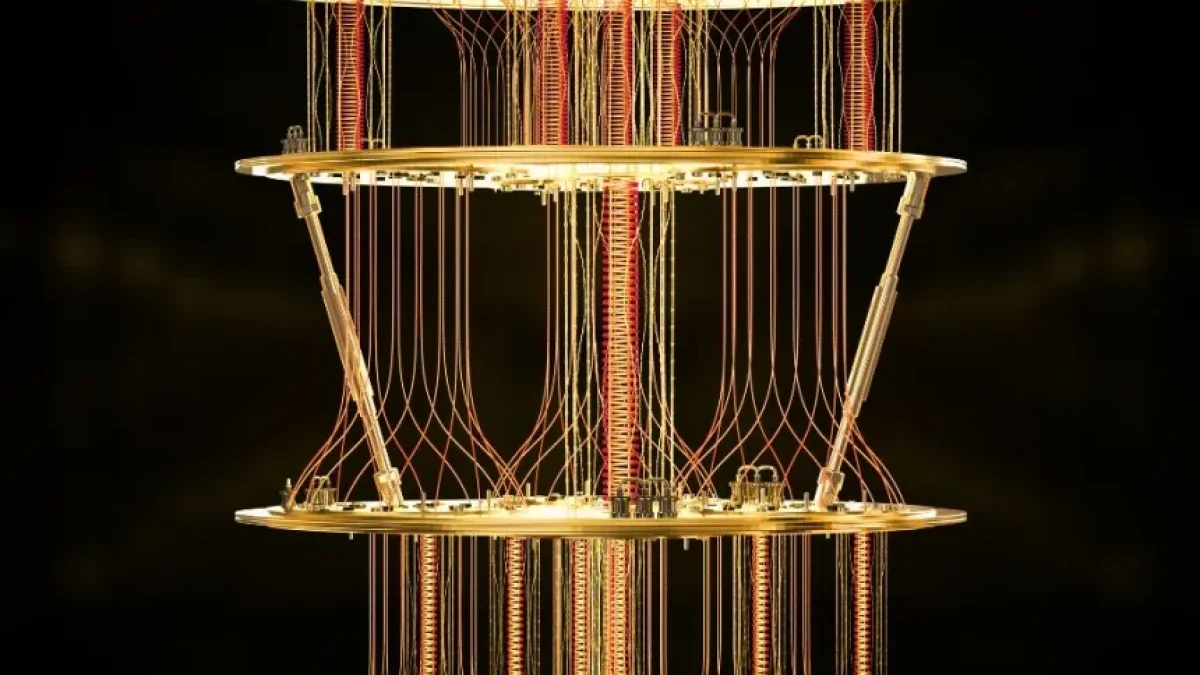Japan presents a revolutionary alternative to space rockets.


Japan has taken an innovative step in space exploration by presenting a technology that could change the way we access space. Through its Japan Aerospace Exploration Agency (JAXA), the country has developed a launch system based on electric energy that could replace traditional space rockets. This alternative promises to be more cost-effective and less harmful to the environment.
The New Launch System
The system proposed by JAXA utilizes a concept known as "electric launcher," which employs powerful cables to generate significant thrust by accelerating electric charges. This method radically differs from conventional rockets that rely on fossil fuels and are associated with significant greenhouse gas emissions during launch.
Operating Principle
The electric launcher is based on the acceleration of projectiles using electromagnetic fields. In this process, the system uses electric energy to propel an object at high speeds, ultimately allowing it to reach Earth’s orbit. JAXA engineers believe that this approach is not only more efficient but can also facilitate the transportation of materials and satellites into space, eliminating some of the costs associated with traditional launches.
Benefits and Advantages
Among the benefits highlighted from this technology are:
Read also
-
Cost Reduction: By eliminating the use of solid and liquid fuel, it is expected that launch costs will be significantly reduced.
-
Lower Environmental Impact: Since the combustion of fossil fuels is not required, a decrease in the carbon footprint generated by these missions is anticipated.
-
Ease of Frequent Launches: This technology would allow for more frequent launches, supporting the growing demand for access to space for research and development.
-
Innovation in Space Exploration: It opens up the possibility of developing more ambitious missions, including exploration of other planets.
Challenges to Overcome
Despite its numerous advantages, JAXA acknowledges that the project still faces significant challenges. These include the need to increase the power of the electric system and ensure the technology's viability under the extreme conditions of space. Furthermore, extensive research must be conducted to guarantee the safety and effectiveness of the launcher before it can be implemented in real missions.
Future Prospects
The Japanese agency is in the early stages of developing this technology, with tests scheduled in the coming years to evaluate its effectiveness. If these tests are successful, Japan could position itself as a leader in the future of space transportation, offering a sustainable and cost-effective alternative that could be adopted by other nations.
Space exploration remains a frontier that stirs interest and curiosity worldwide, and this advancement in Japan represents an exciting promise for the coming years.
If you are interested in reading more about advancements in technology and science, I invite you to visit my blog, where you will find more news of this kind. Don’t miss it!



















